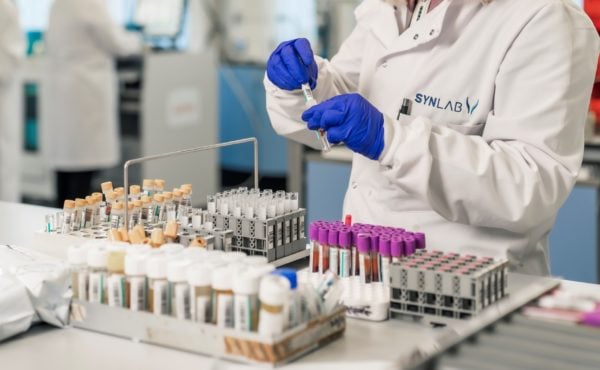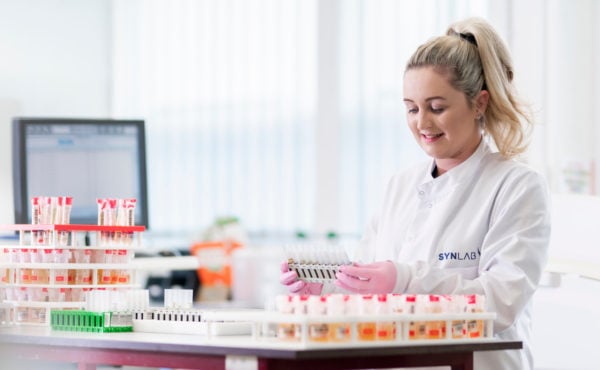Published: 18th November 2020 - All information correct at time of publication.
Did you know that this week is Alcohol Awareness Week? Taking place from the 16-22 November, the theme of this year’s event is alcohol and mental health.
Alcohol has been described as ‘the UK’s favourite coping mechanism’, as many of us drink to try and help manage stress, anxiety, depression or other mental health problems[1] – sadly, dependency and misuse has the potential to further increase as a result of the current COVID-19 pandemic.
In this blog we talk about the link between alcohol and mental health, the problem that alcohol misuse can have on the workplace and measures that can be put in place to avoid this.
Alcohol and Mental Health
Alcohol and mental health are closely linked, as alcohol can be used to try and help manage symptoms of anxiety and depression, but excessive drinking is likely to make those symptoms worse. Now, with the added stresses of the pandemic – including furlough, redundancy, working from home and in many cases greater levels of isolation – there is a tinderbox environment for individuals with drug or alcohol problems.
About 1 in 4 people in the UK experience a mental health problem every year, which means it is highly likely that several of your employees could be affected by mental health problems and would benefit from raised awareness of the dangers of abusing alcohol at home and in the workplace.
Although alcohol can make us feel relaxed the effects are short lived and the long term negative consequences of drinking a lot over a short period of time can be harmful. These negative consequences can impact many aspects of an individual’s life, including their work.
Alcohol and the Workplace
A big concern around alcohol consumption is that people are sometimes unaware of what units actually mean, meaning they are often unaware that they are drinking too much. It takes approximately 1 hour for your body to break down 1 unit of alcohol, for reference a large glass of wine is 3 units. This means that there is a chance for an individual to still have alcohol in their system when driving to and carrying out work the following day.
There is concern that people are more likely to use alcohol as a coping mechanism if they are remote working or working from home. According to research released by Drinkaware, more than one in four (26 per cent) of those working from home because of lockdown who usually have a drink were consuming more than usual. Rachel Suff, Senior Policy Adviser at the CIPD, advises that employers take “a preventative and proactive approach to drug and alcohol misuse and create a safe environment where people feel able to ask for support”[2].
How can SYNLAB Laboratory Services Help?
At SYNLAB Laboratory Services, we provide a thorough program of support to help manage both alcohol and drug misuse in the workplace.
Raising awareness of the effects of alcohol both inside and outside of the workplace can act as a deterrent, while helping to protect staff and the business. This can be done by introducing a Drug and Alcohol Policy. Our team of trusted experts can provide assistance in producing an effective policy that incorporates industry guidelines, follows best practice and is up-to-date with new and emerging trends.
In addition, we also offer a range of training options and some simple tools to assist you in reinforcing the key messages of your policy across your organisation, which will inform and raise awareness amongst your employees. These include: posters, pamphlets and alcohol unit calculator wheels.
More information on Alcohol Awareness Week can be found here, along with online resources that raise awareness of alcohol misuse and mental health.
To find out more about how SYNLAB Laboratory Services can support you with a Drug and Alcohol Policy and testing solutions, you can call us on 01873 856688, email [email protected] or click here for further information.
[1] https://alcoholchange.org.uk/alcohol-facts/fact-sheets/alcohol-and-mental-health
[2] https://www.peoplemanagement.co.uk/experts/advice/can-you-test-employees-working-from-home-for-drug-and-alcohol-abuse




